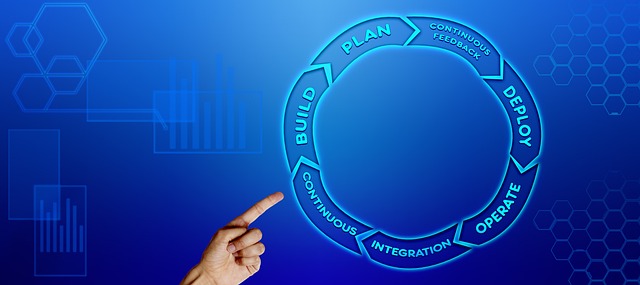In the fast-evolving world of gaming and eSports, the quest for innovation never ends. One of the most crucial elements in keeping players engaged and motivated is the implementation of a robust achievement system. This system transcends mere rewards; it fosters community, builds identity, and enhances the overall gaming experience. So, what does a game-changing achievement system look like, and how can it support the development of both traditional games and competitive eSports?
At its core, an effective achievement system taps into the heart of what drives gamers: recognition and challenge. Developers must understand that players thrive on accomplishment. Whether it’s completing intricate game levels, mastering combat techniques, or achieving high scores, gamers are driven by a desire to push their limits and showcase their skills. By integrating a diverse range of achievement types – from simple task completions to elaborate achievements that require creativity and teamwork – developers can cater to varied play styles.
Furthermore, achievements in gaming are not just for personal bragging rights; they significantly contribute to a sense of community. In eSports, where teamwork and collaboration are paramount, an achievement system can celebrate group accomplishments. This could mean creating specialized achievements for teams that work flawlessly together during competitive tournaments. Such recognition can enhance camaraderie and encourage players to cultivate their skills and strategies as a unified team.
Moreover, consider the engagement factor associated with achievements in gaming. Ongoing challenges can keep players coming back for more. By introducing limited-time achievements or seasonal events that offer exclusive rewards, developers can create a dynamic environment where players feel compelled to log in regularly. These constant updates not only draw returning players but also attract new ones who are enticed by the evolving challenges of the game.
The use of technology further amplifies the potential unlocked by a well-structured achievement system. With data analytics, developers can track player performance and adapt their achievements accordingly. By observing how players interact with the game, developers can fine-tune the difficulty of certain challenges, ensuring they are neither too easy nor overly punishing. By doing this, players will feel a genuine sense of progression that is essential to their gaming satisfaction.
In the realm of eSports, the stakes are even higher, and the achievement systems must reflect this intensity. Elite players often find themselves under immense pressure to perform well in tournaments. By implementing achievements that cater to advancing player skills – such as awarding points for innovative strategies or unique plays – developers can inspire upcoming talents and give them the recognition they deserve. This not only enhances individual player profiles but also broadens the scope of what aspiring eSports athletes can strive for.
As we look to the future of gaming and eSports, developers have the unique opportunity to harness the emotional connection players have with achievement systems. It is more than just a tracking mechanism; it’s a relationship between the game and its players, filled with aspirations, challenges, and shared successes. Unlocking success in the gaming world relies heavily on these game-changing strategies that make player achievements matter, thus creating an ecosystem where everyone wins.




